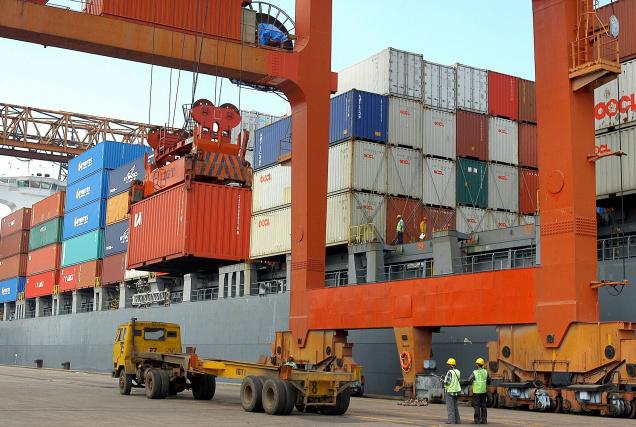Bath area firms should look beyond the much talked about BRIC countries (Brazil, Russia, India and China) when developing their export plans by also considering the rapidly -growing economies of the Middle East and North Africa.
The message comes from HSBC following its latest Global Connections Trade Forecast research which shows that while BRIC countries remain among the fastest-growing global economies and key destinations for the region’s exporters, sales to the Middle East and Africa are set to rise sharply.
The research suggests between 2013 and 2015 annual exports from the UK to these regions will increase by 9% and by a further 7% a year between 2016 and 2020.
Government statistics show that the Middle East and North Africa is the South West’s fourth largest export market, with £324m worth of goods exported to the region during the first six months of this year – with Turkey and Egypt in particular driving growth.
HSBC Bristol and Bath area commercial director Nick Stork, said: “According to HSBC’s Trade Forecast, the powerhouses of India and China will be joined by emerging trading nations such as Turkey and Egypt, as well as Indonesia, Poland and Mexico, to record significant trade growth in the next three years. This presents significant opportunities for Bristol companies to target these regions, as well as the rapidly expanding the BRIC nations.
“This is being driven by growing and higher value exports from these markets to each other – and the world – as their economies industrialise, and a focus globally on emerging economies with large populations and rapidly growing middle-class consumer markets.”
After a challenging 2012, the HSBC Global Connections Trade Forecast outlines a dual speed trade rebound, with emerging markets driving growth to 2015 before being re-joined by the developed world as trade resurges from 2016.
UK exports to Asia (excluding Japan) are forecast to grow by close to 11% a year during 2013-15 and by 9% a year during 2016-20. India is expected to be the most dynamic trade route in the region throughout these two periods.
UK exporters will be able to take advantage of increased demand among the economies of Eastern Europe. UK exports to Poland, for example, are expected to grow by over 7% a year during 2013-15.
Exports to the Eurozone should subsequently rebound as the region’s economy stabilises. UK exports to Europe (excluding Russia) are forecast to rise by just over 5% a year over the five years to 2020, before stabilising at around 4% per year over the following decade.
The forecast predicts that the US will overtake Germany to become the most important market for UK exports by 2030. This is largely a reflection of the brighter economic prospects in the US. Although the share of UK exports destined for China is set to grow, this will not be sufficient to push it above fifth place in the UK league table of trading partners.




















